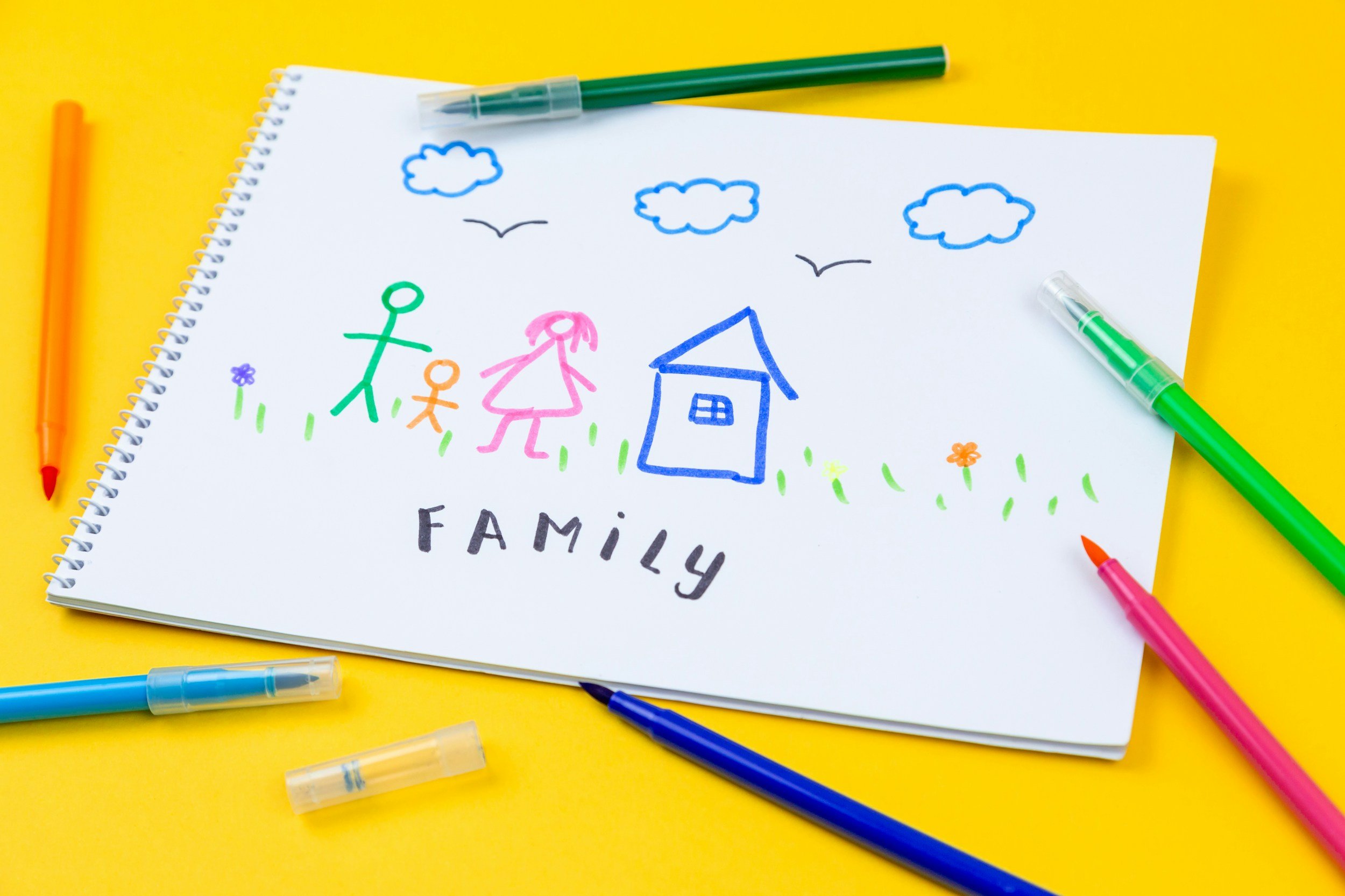New Parenthood: The Earthquake, Aftershocks & Navigating the Emotional Landscape
Becoming a parent is akin to experiencing an earthquake.
The initial tremor – the birth itself – can be powerful, overwhelming, and transformative.
But it’s the aftershocks, the subtle and sometimes seismic shifts in your identity, your relationship, and your understanding of the world, that truly reshape the landscape of your life.
At The Maine Relationship Institute, we understand the magnitude of this transition and are here to support you in navigating the complex emotional terrain of new parenthood.
For thoughtful, attentive parents, the arrival of a child isn't just about adding a new member to the family; it’s about a fundamental re-wiring of the self.
You’ve likely spent months, perhaps years, preparing practically – stocking up on diapers, setting up the nursery, and reading countless books.
But the emotional preparation, while equally crucial, can be harder to quantify.
How do you prepare for the all-encompassing love that can feel both exhilarating and terrifying?
How do you brace yourself for the sleep deprivation, the constant demands, and the inevitable moments of self-doubt?
The truth is, there’s no single answer.
Parenthood is a profoundly personal journey, and each experience is unique.
However, there are some common emotional themes that many new parents grapple with, and understanding these can help you feel less alone in the process.
Redefine Identity
One of the most significant shifts is the redefinition of identity. You are no longer just a partner, a friend, or a professional—you are now a parent.
This new role can feel both fulfilling and overwhelming, and it can take time to integrate it into your existing sense of self. Feeling a sense of loss for the “old you,” the person you were before parenthood, is common.
These feelings are normal, and it’s essential to give yourself space to grieve that loss while simultaneously embracing the new identity you are forging.
Fluctuating Emotions
Another common experience is the fluctuation of emotions.
One moment, you're basking in the pure joy of holding your newborn, and the next, you're overwhelmed by anxiety about their well-being.
You might feel intense love one minute and utter frustration the next.
These emotional swings are often exacerbated by sleep deprivation and hormonal changes.
Understanding that these fluctuations are expected, and indeed, a biological response to the immense changes you're experiencing, can be incredibly validating.
You & Your Partner as New Parents
The relationship with your partner also undergoes a significant transformation.
Suddenly, you're not just lovers and/or companions but co-parents, navigating a shared responsibility that can be bonding and challenging.
Communication can become strained as you struggle to adjust to your new roles and the demands of caring for a newborn.
Prioritizing time for connection, even a few minutes of quiet conversation each day can be crucial for maintaining a strong and supportive partnership.
It is also important to remember that you are a team, and working together to navigate the challenges of parenthood can strengthen your bond.
Emotional Intelligence
Developing emotional intelligence in parenthood involves understanding one's own emotions and responding to one's child's emotions.
Babies communicate their needs through cries, coos, and facial expressions. Learning to interpret these cues is key to building a secure attachment.
Building a secure attachment with your newborn can involve developing empathy, patience, and a willingness to truly listen to your child, even before they have words.
Parenting Resources
Fortunately, we live in an age of readily available information and support. Numerous available resources can provide guidance and comfort as you navigate the journey of parenthood.
Experts like Dr. Becky Kennedy, a clinical psychologist and author of Good Inside, offer invaluable insights into understanding children's behavior and fostering emotional connection. Her website and social media are a treasure trove of practical advice and strategies for parenting with empathy and respect.
Her philosophy emphasizes understanding the why behind a child's behavior, empowering parents to respond compassionately and set appropriate limits.
Another valuable resource is Janet Lansbury, a parenting educator and author whose work focuses on respectful parenting.
Lansbury leans towards topics on handling tantrums to fostering independence.
Her approach emphasizes treating children as capable individuals and empowering them to develop their sense of self. Her work is especially helpful for parents seeking to abandon more traditional, authoritarian parenting styles.
Dr. Dan Siegel's work is essential for those interested in the science of attachment.
A clinical professor of psychiatry and co-founder of the Mindful Awareness Research Center at UCLA, Dr. Siegel has written extensively about the importance of secure attachment in child development.
His website offers resources and information on cultivating secure attachment with your child, a cornerstone of emotional well-being. Understanding the neurobiological underpinnings of attachment can be particularly helpful for parents who want to understand the parent-child relationship more deeply.
Your Community As a Resource
At The Maine Relationship Institute, we believe parenthood is a communal journey, not just a personal one.
We encourage you to seek support from other parents, join parenting groups, and connect with professionals who can offer guidance and expertise. Finding the right fit may take time, so patience is essential.
Remember, you are not alone in this. Your new loved one is a team member! While the early days of parenthood can be challenging, they are also filled with profound joy, love, and connection.
By embracing the emotional landscape of parenthood with openness, curiosity, and a willingness to learn, you can create a strong foundation for your family and build a resilient and loving relationship with your child.
Parenting Therapy
We are here to support you every step of the way.
Contact us at The Maine Relationship Institute in Belfast, Maine, to learn more about our services for new parents and families. We offer free consultations.
We are here to help you navigate the earthquake and the aftershocks and build a beautiful, lasting structure on the new terrain.




